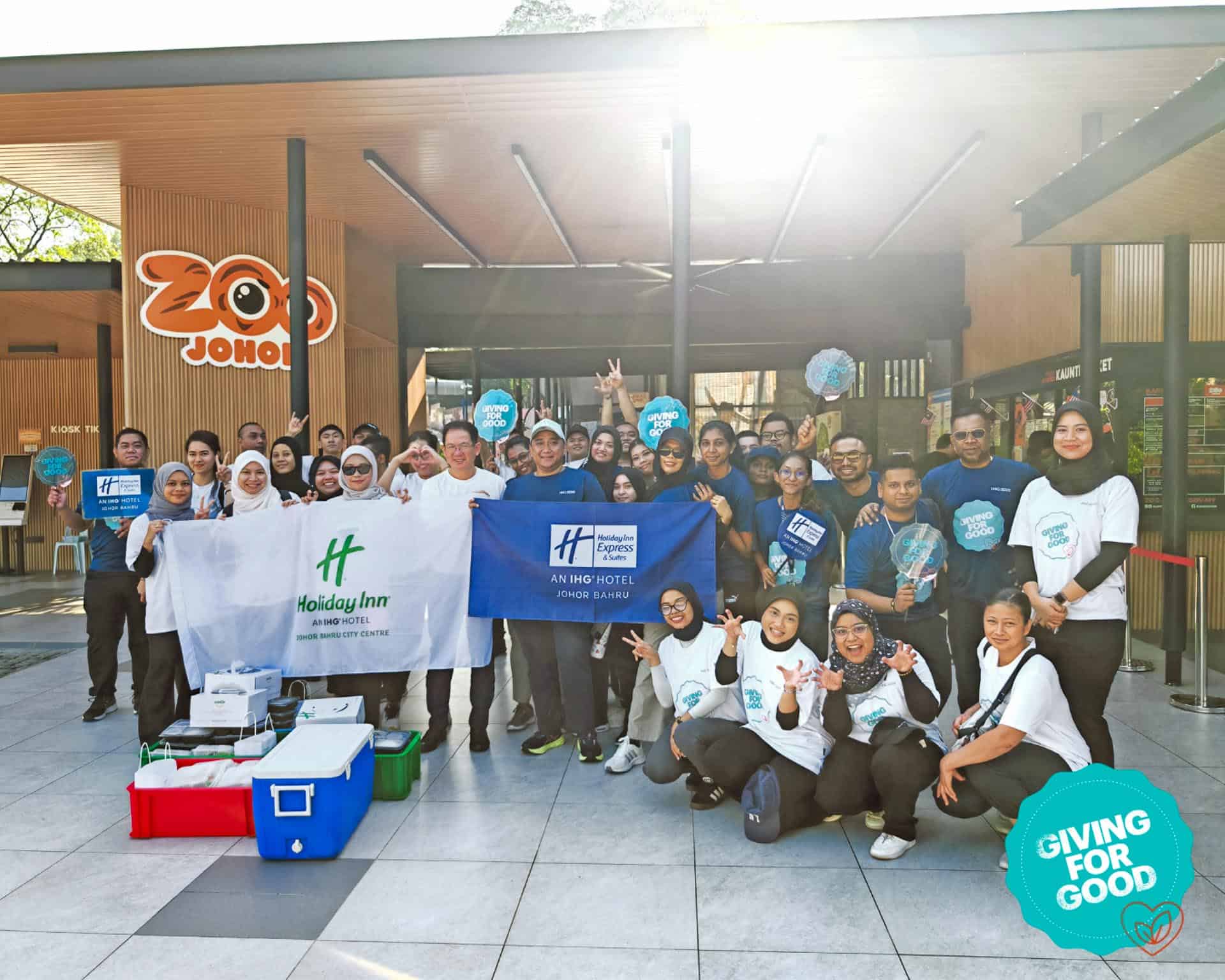
Kaspersky shares insights and tips to keep Malaysians away from cyber threats.
Cybersecurity Malaysia raised the concern of online safety with a fresh baseline study to assess the level of online safety awareness among students and parents. The exponential rise of online activities, particularly among students could potentially put them at risk of cybersecurity threats. The cybersecurity body said it is critical to develop a digitally resilient generation that can defend itself against cyberattacks.
The Cyber Security Awareness Baseline Study Among Students and Parents 2021/2022 shared the same finding as Kaspersky that WhatsApp and YouTube were amongst their preferred services.
Increasingly, cybersecurity continues to be the top concern in Malaysia. In 2019, about 13,000 reported cybercrime cases, and up to February 2022, there were already 3,273 reported cases. The cybercriminals also continuously prying their eyes on victims and the country’s top leaders are not spared.
According to Kaspersky Security Network (KSN) data, Q2 2022 saw a downward trend in web threats, in comparison with thesame period last year at 11 million and 28.9 million respectively. The improvement demonstrated how Malaysians in general were more aware of avoiding fake websites or infected links shared via SMS, emails, and even phone calls.
Local threats also saw improvement with fewer attacks detected in Q2 2022 on malware spread through removable USB drives, at 5.6 million.
“It is an encouraging sign that the Malaysians are getting back at work, at schools and able to return to their normal daily lives. The KSN data illustrated an important uptake for Malaysia, as we know the traditional cyberthreats awareness is higher now. We believe users are more careful about what links to click and what not. But still, awareness and action are two different things. We urge everyone to install security apps on their mobile devices which plays a crucial role in providing a safety net against these rampant social engineering attacks like phishing,” says Yeo Siang Tiong, General Manager of Southeast Asia at Kaspersky.
Cybersecurity Malaysia also highlighted that there is no 100 per cent security, as a strong country or organisation would be the target of the attack in a matter of time.
“We concur with Cybersecurity Malaysia that no one remains safe from cyberthreats so we should work together as said in the Merdeka theme this year. For our part, our team is constantly educating our customers, partners as well as public on the latest cyberthreats and the trends to ensure that everyone can use technology and stay secure online,” adds Yeo.
Kaspersky has the following advice: